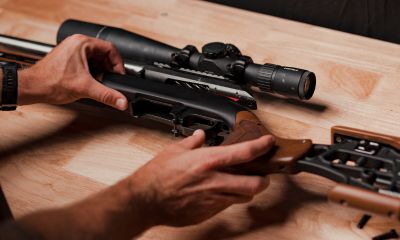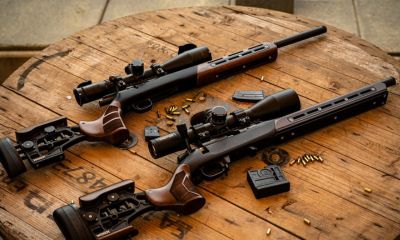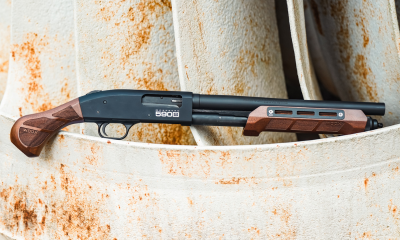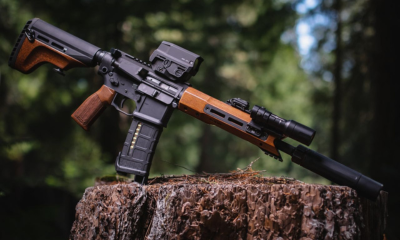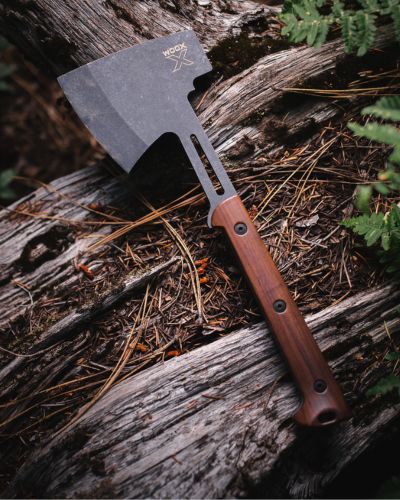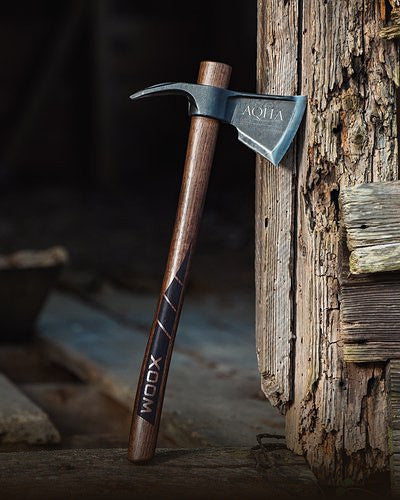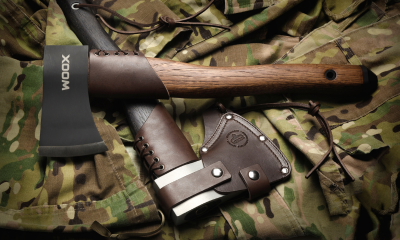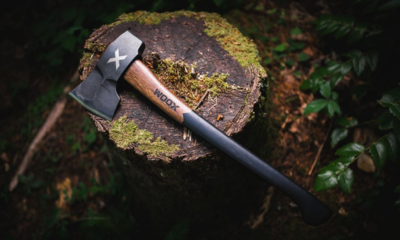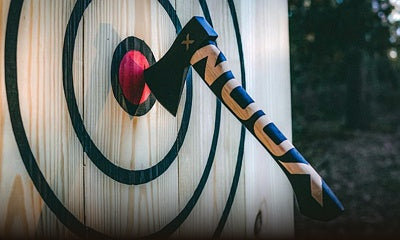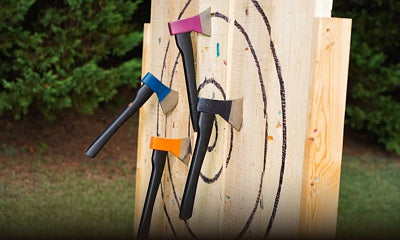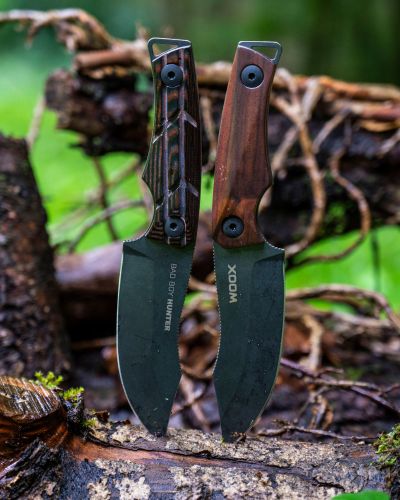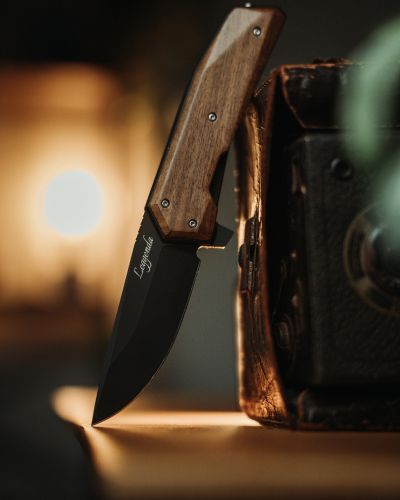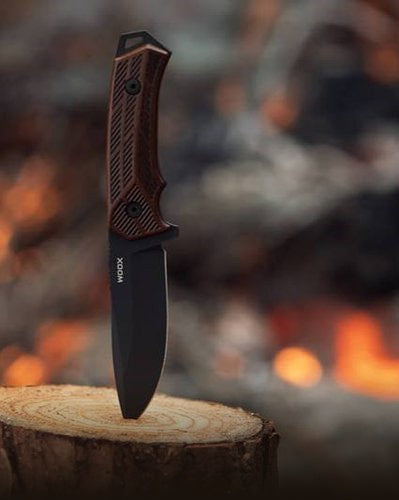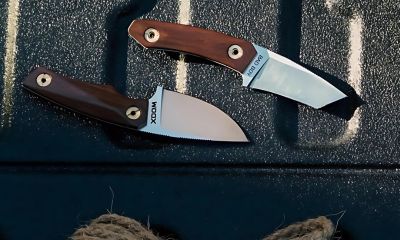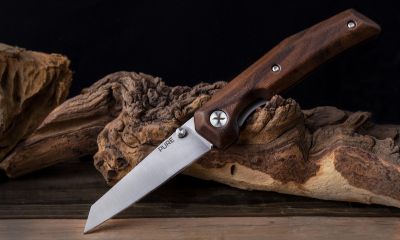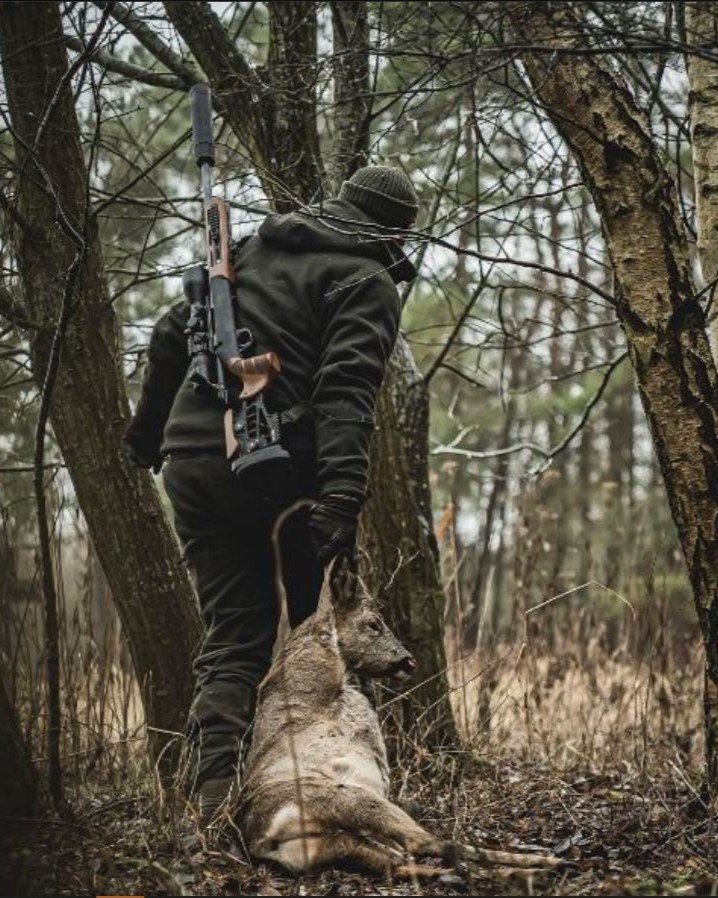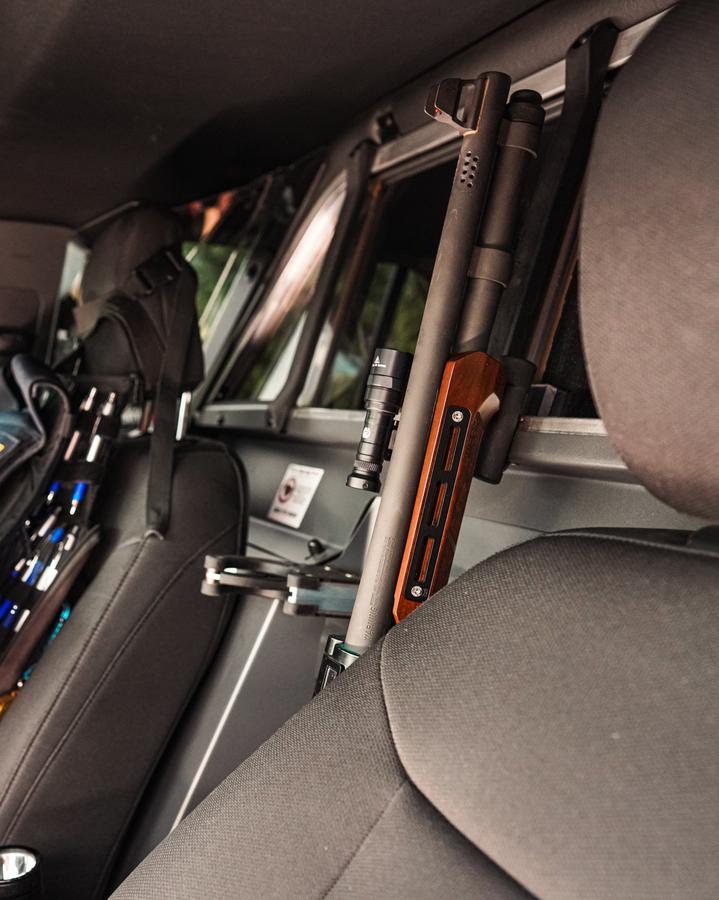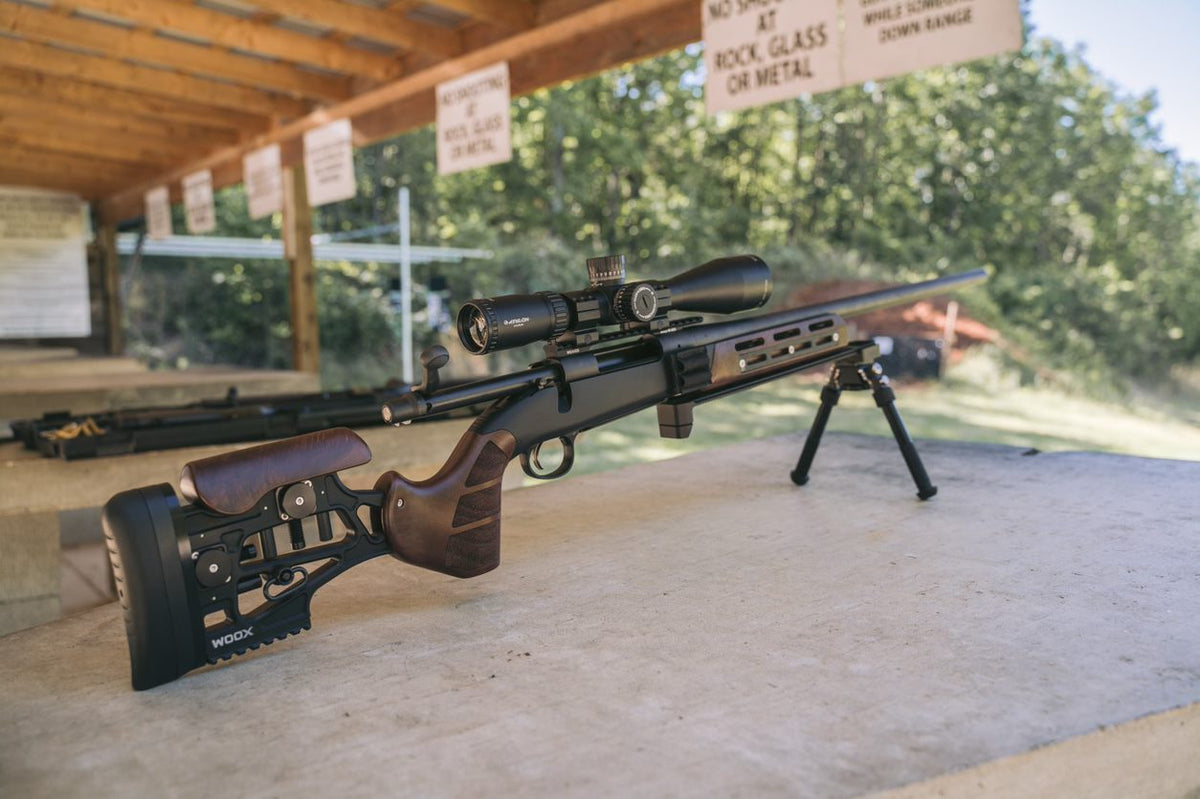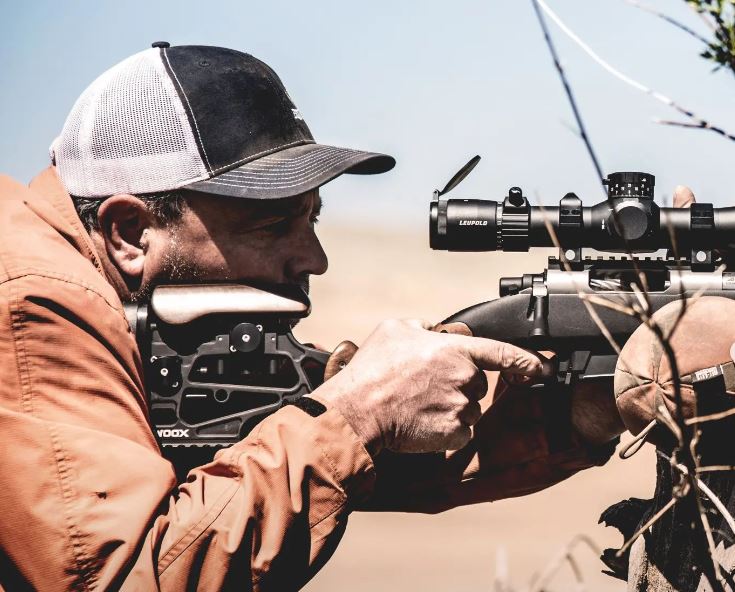

5+1 Tips to Choose Your Best Suppressor
Suppressors are an invaluable tool for firearms enthusiasts, offering noise reduction and enhanced shooting accuracy. Below, we have explored 5 essential tips, along with a bonus one, to help you choose the ideal suppressor for your needs.

1. Know Your Categories and Compatibility
Different suppressors are suited for different calibers, and it's vital to understand these categories. Rimfire suppressors are designed for .22 caliber firearms, whereas Centerfire is for larger handguns, and Big Bore suppressors cater to anything larger than a 30 caliber. Careful consideration of compatibility ensures that the suppressor will work effectively with your firearm, preventing potential damage or safety issues.
2. Determine the Specific Application of the Suppressor
Understanding how you will use the suppressor is pivotal in selecting the right one, as different suppressors cater to specific applications. Once you identify your usage, you can narrow down your options effectively:
- Hunting: Suppressors in hunting aid in preserving hearing without hindering the ability to hear surroundings. Most hunters don't wear ear protection to stay alert to the game, making suppressors a valuable asset to prevent hearing damage.
- Trapshooting: The options for suppressors in trapshooting are limited, as it primarily involves shotguns. Research is vital here, with well-known options being popular. Ensure that the suppressor aligns with your shotgun's specific needs.
- Long-Range Shooting: Long-range shooters often favor suppressors for their ability to reduce the gunshot report, aiding concentration, and minimizing recoil. This helps in maintaining the target and enhances the overall shooting process.
By carefully analyzing what you'll be using the suppressor for, whether it's hunting, trapshooting, or long-range shooting, you'll be able to identify the models best suited to your needs. This targeted approach not only ensures optimal performance but can also save time and resources in finding the right suppressor for your particular shooting activities.

3. Choose the Appropriate Material
Suppressors are manufactured using a variety of materials such as stainless steel, titanium, or aluminum. Stainless steel offers robust durability but might be heavier. Titanium provides a balance between strength and weight, whereas aluminum is lightweight but may wear faster. Assessing your particular requirements, whether it's regular field usage or casual range shooting, will guide you in choosing the material that best suits your needs.
4. Focus on Attachment and Mounting Method
Attachment methods have evolved over the years, and the choices range from direct thread to quick detach systems. Direct thread models offer stability but may be time-consuming to attach and detach. Quick detach models allow for rapid switching between firearms but may be more expensive. Analyzing your routine and preferences will guide you in choosing the right attachment method that offers both reliability and convenience.
5. Consider Size and Weight
The size and weight of the suppressor should complement your firearm for balanced handling and increased accuracy. A heavy suppressor might provide better sound reduction but can make the firearm top-heavy. A compact model might be easier to handle but may not suppress the noise as effectively. Consideration of these factors ensures you select a suppressor that enhances your shooting experience without hindering performance.
8.6 Silencer Showdown
VIDEO REVIEWBonus Tip: Always Consider the Budget
Budget often plays a significant role in any buying decision, and suppressors are no exception. Prices for suppressors vary widely based on brand, materials, and technology, with some high-end models costing thousands of dollars.
Keep in mind that while it's important not to overspend, buying the cheapest suppressor available isn't necessarily the best route either. A less expensive model might not deliver the performance, durability, or sound reduction you need. Also, it's crucial to remember that the suppressor isn't the only cost you'll incur. There's also the price of the tax stamp (around $200 in the U.S.) and possibly additional costs for accessories or adaptors.
Try to strike a balance between cost and quality when choosing a suppressor. Do your researchto ensure you're getting a product that will provide the performance you need while still fitting within your budget. It might be worth spending a bit more upfront for a suppressor that will last longer and perform better, saving you money in the long run. It's about finding the best value, not just the lowest price.
| Suppressor Category | Budget Range in $ |
|---|---|
| Budget Suppressor | 200 - 500 |
| Medium Suppressor | 500 - 1000 |
| Premium Suppressor | 1000 - 1500 |
| Top Suppressor | 1500+ |

Choosing the perfect suppressor is a nuanced process that requires careful consideration of various factors. These 5+1 tips delve into the crucial aspects that must be evaluated: understanding compatibility, selecting the right material, focusing on the attachment method, considering size and weight, adhering to legal requirements, and balancing budget constraints. The careful consideration of these elements will guide you in finding a suppressor that perfectly fits your needs, ensuring both satisfaction and optimal performance.
SHOP BY purpose
Discover the perfect fit for your needs with our diverse collection of aftermarket stocks, tailored for a range of different purposes.
see all our stocks


